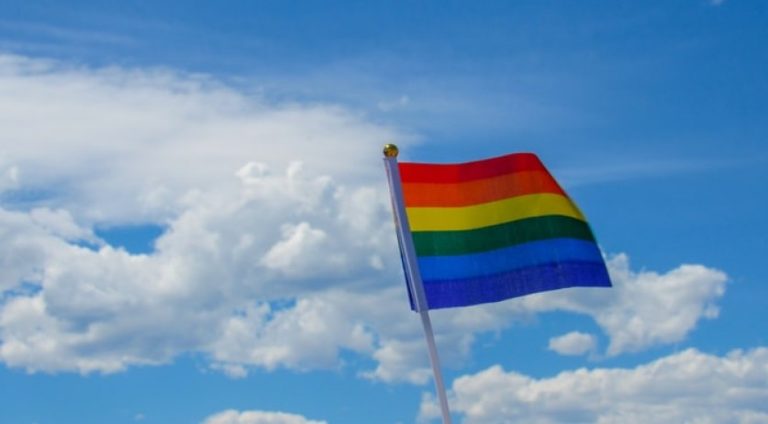

Dutch Prime Minister Mark Rutte has denounced Hungary’s new law intended to ban ‘promotion of homosexuality’, newswire ANP reported. The law, initiated by the party of Prime Minister Viktor Orban, prohibits sharing with minors any content that portrays being gay or transgender. It also conflates pedophilia with LGBTQ+ issues.
The law is “totally in conflict” with the idea that the EU is also a community of values, Rutte said in the Tweede Kamer on Thursday. The annual debate on the State of the EU was held there, in which MEPs also participated in addition to MPs. The controversial legislation was passed by lawmakers in Hungary on Thursday.
Rutte said that the Dutch Minister of Foreign Affairs, Sigrid Kaag, will urge the European Commission to “do everything” possible to take action against Hungary. According to Rutte, she will be supported in her efforts by her French and Danish counterparts.
Eleven parties in the Dutch Parliament, representing a large majority, also signed a motion on the issue. They demanded a parliamentary ruling “against the breakdown of the democratic constitutional state and the violation of fundamental human rights in Hungary.”
The law has been described as another attack on the central European country’s sexual and gender minorities ahead of 2022 elections deemed crucial for Orban. The measure, also denounced by human rights groups, triggered numerous protests in front of the Hungarian parliament this week.
“Yesterday, 10,000 people showed up in Budapest to protest against the hateful amendments that puts a ban on education and advertising that is deemed to “popularize”, or even depict, consensual same-sex conduct or the affirming of one’s gender to children,“ Amnesty International stated.
Yesterday, 10,000 people showed up in Budapest to protest against the hateful amendments that puts a ban on education and advertising that is deemed to “popularize”, or even depict, consensual same-sex conduct or the affirming of one’s gender to children. pic.twitter.com/4iYC3gGTj3
— Amnesty International (@amnesty) June 15, 2021
Dutch Eurovision winner Duncan Laurence also announced on Thursday he would not perform in Hungary because of the country’s discriminatory law.